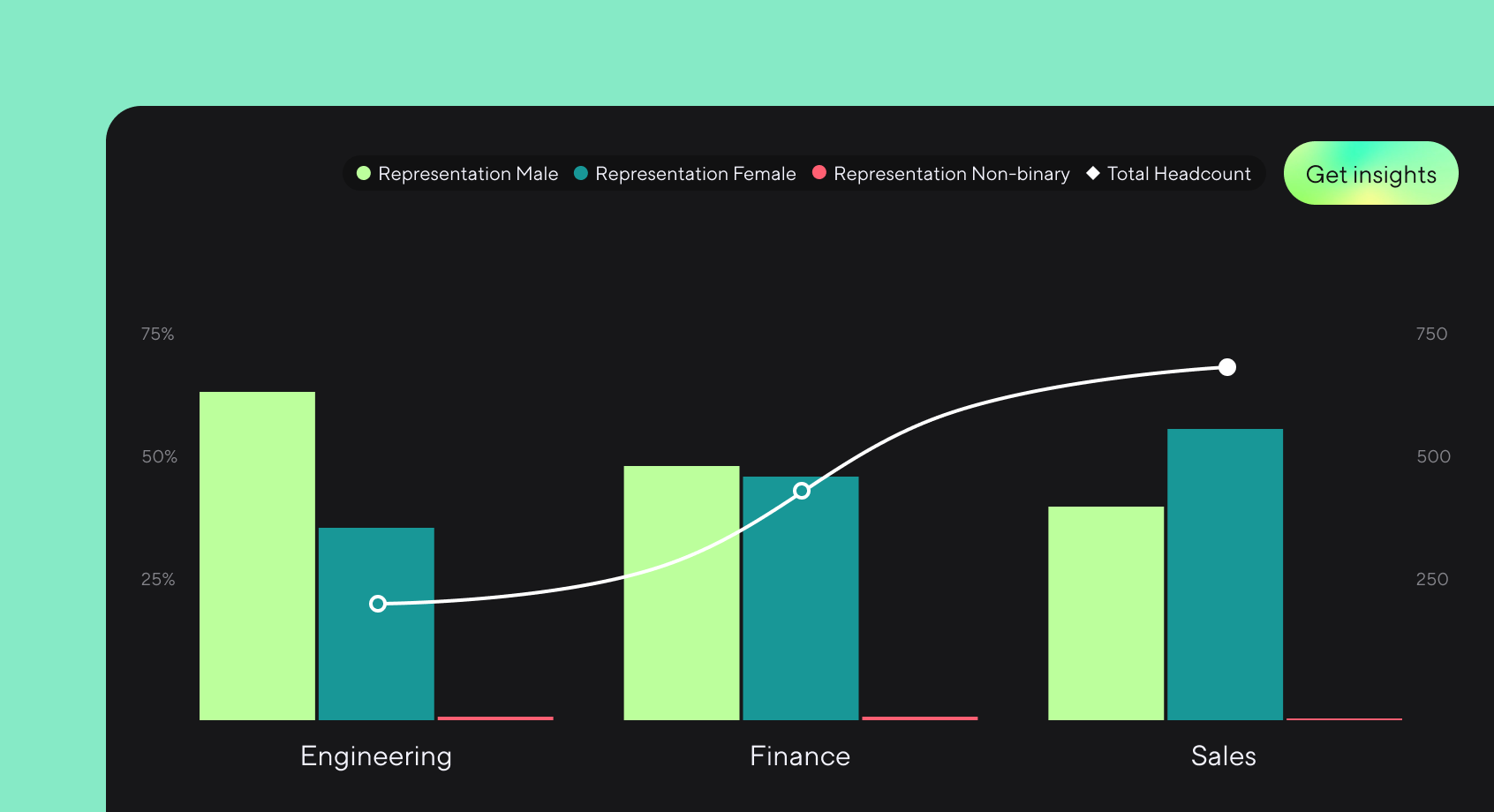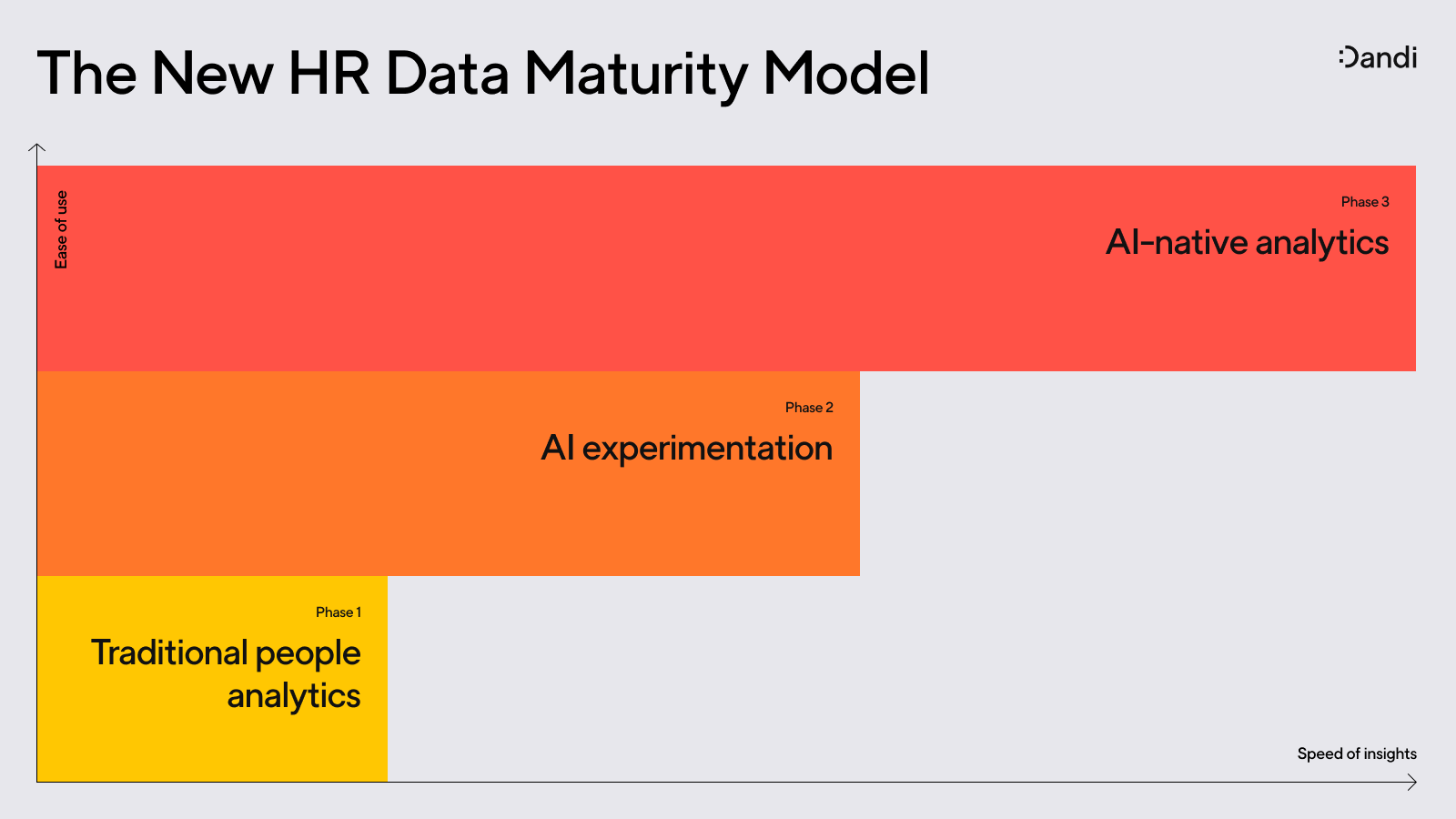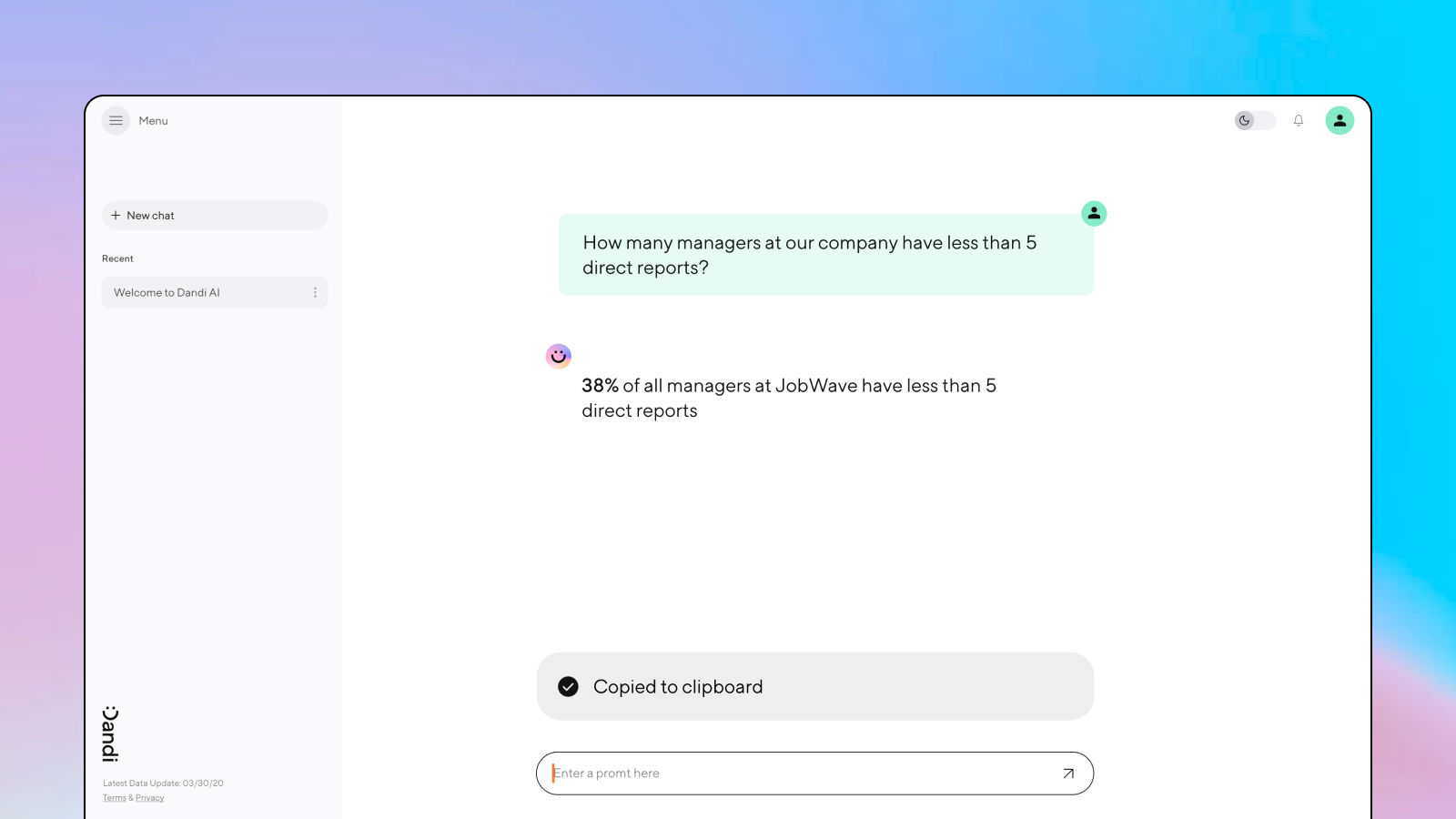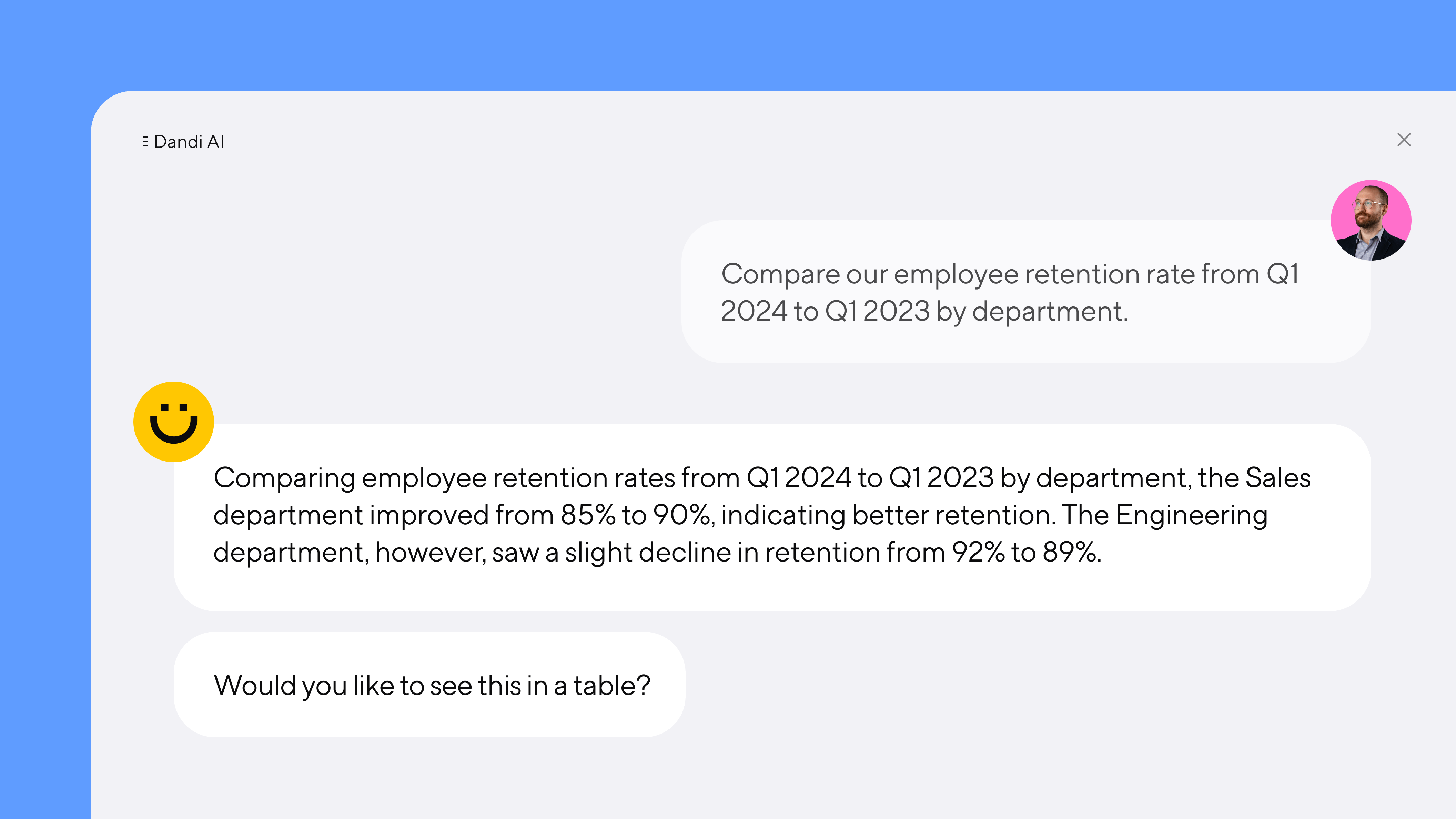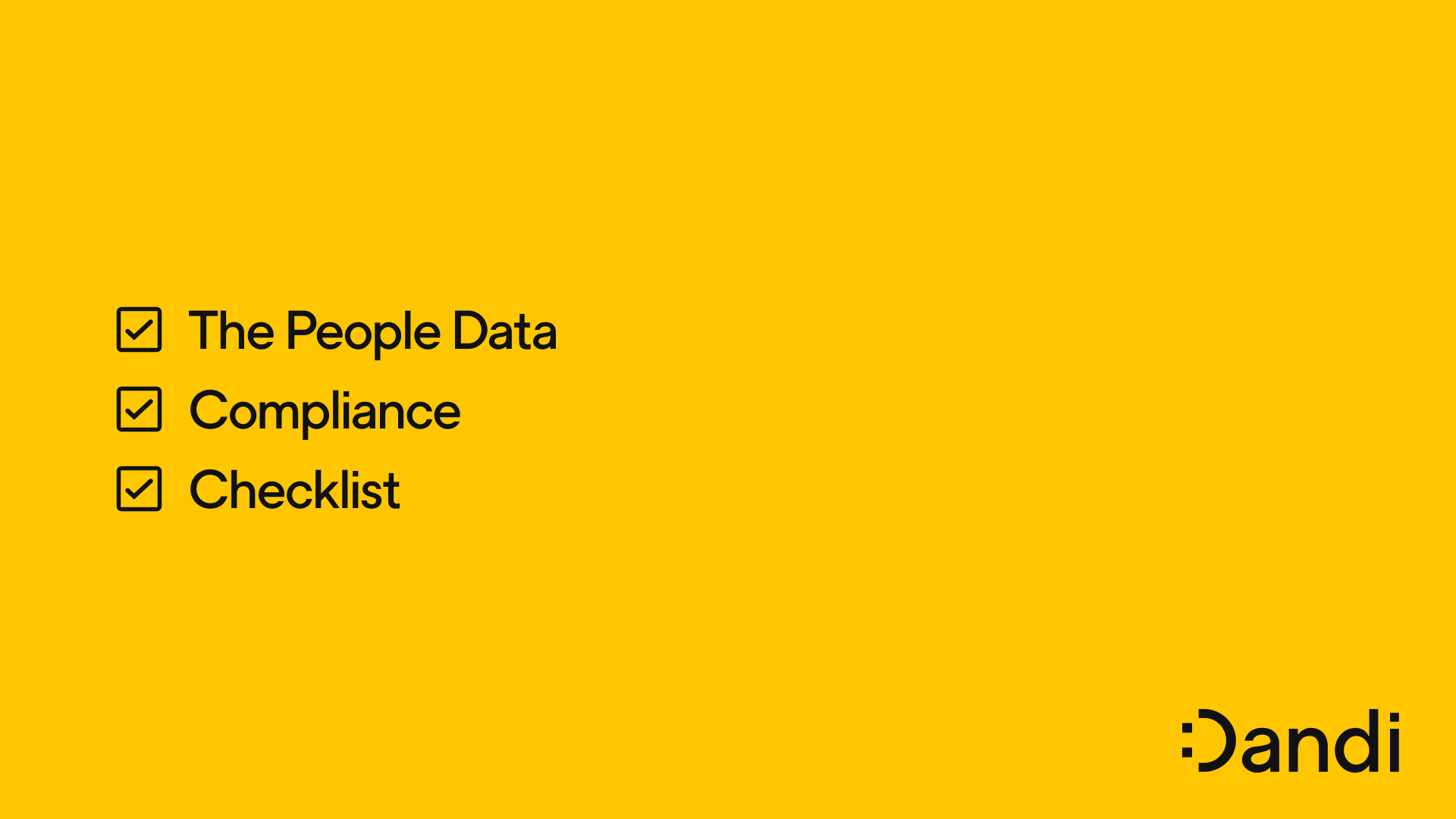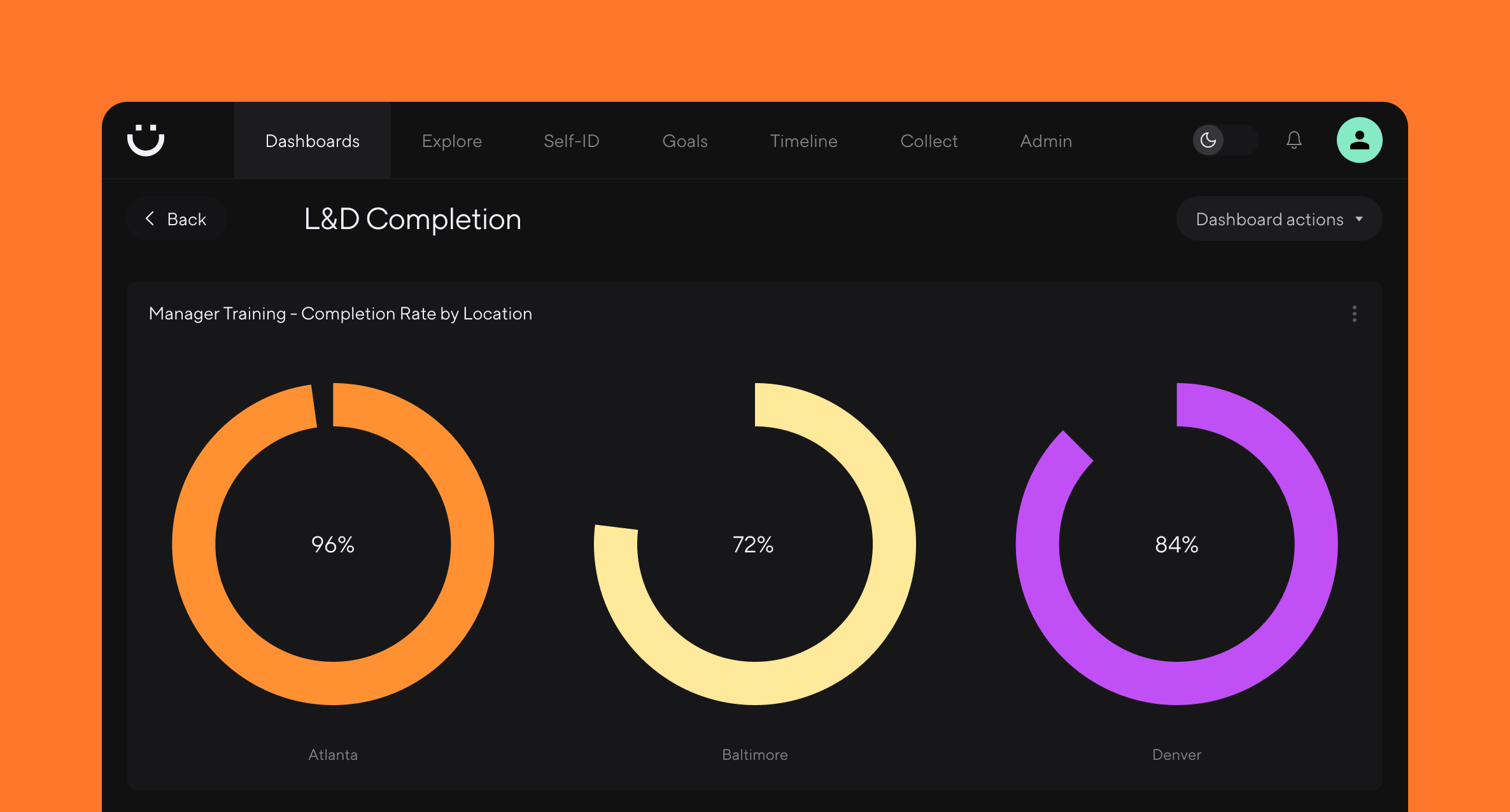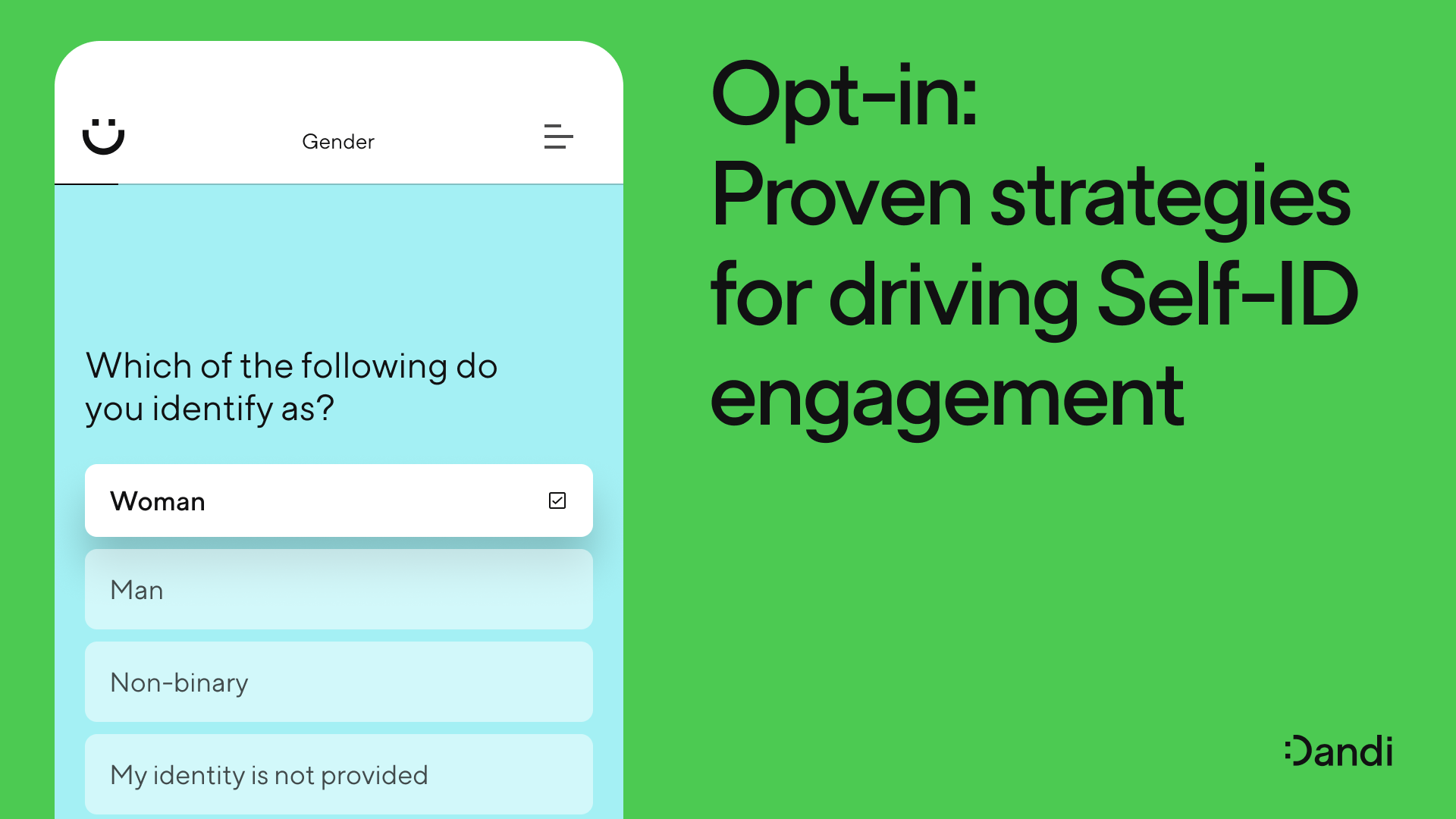Why resilience matters for DEI practitioners—now more than ever!

Dave Ciliberto – Oct 4th, 2023
It's a challenging time for DEI professionals. So how can we keep moving forward? Guest writer Dave Ciliberto suggests that resilience is the key.
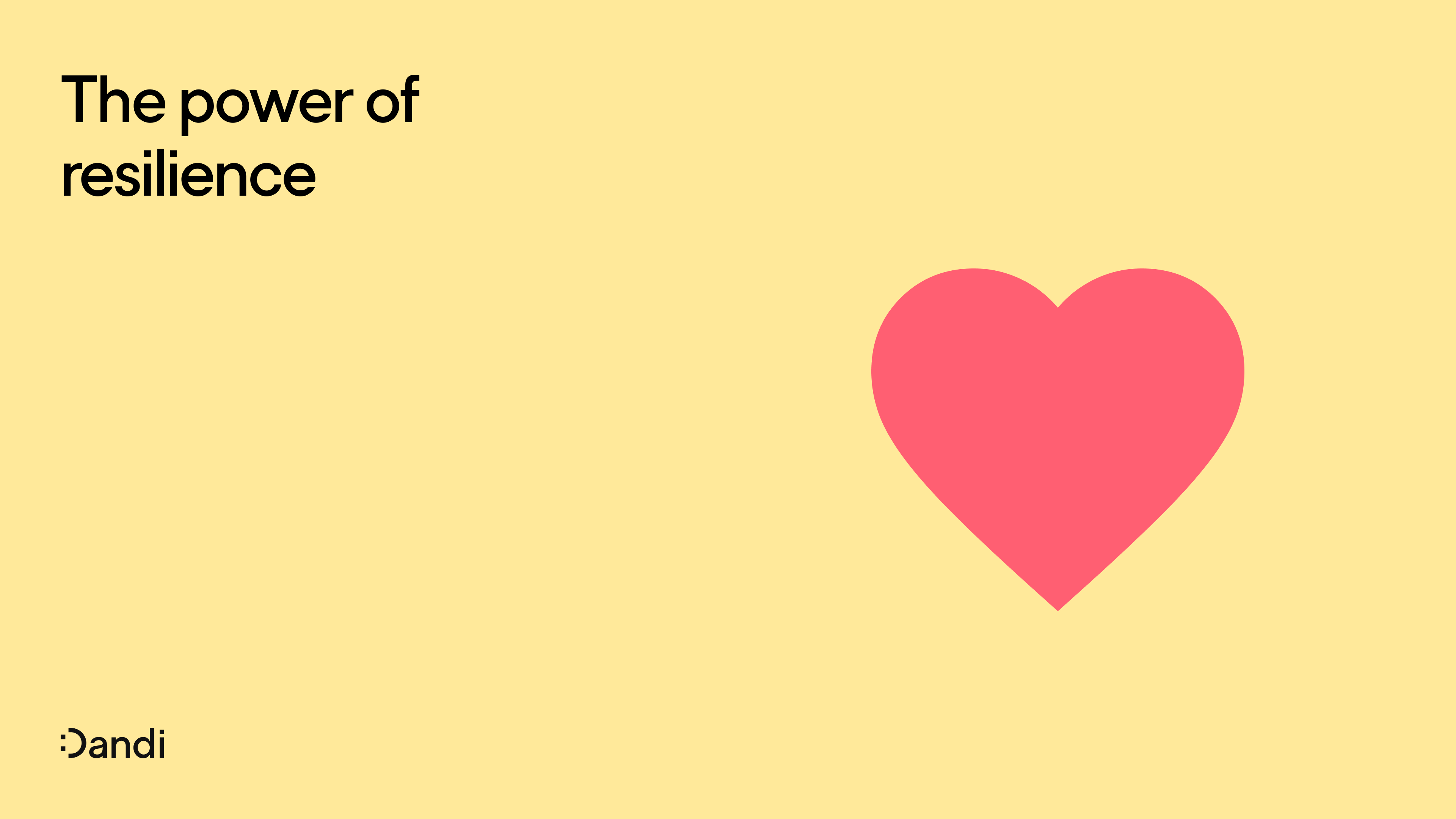
As DEI practitioners right now, it can feel like each day is only getting harder.
From the Supreme Court to the “anti-woke” movement, new barriers to DEI are being created every day. Politicians are quick to blame DEI for everything and distort the work’s true meaning. And we’re witnessing in real time the defunding of DEI programs in higher education, the widespread enactment of anti-LGBTQ+ legislation, and the continued perpetuation of race-motivated crimes.
All of this touches each of us in many ways. Personally speaking, the whole situation is getting on my last gay nerve!
But we can’t give up. We must keep moving forward. The question is: How?
We must be resilient, and we must support one another.
Understanding and embodying resilience
The American Psychological Association defines resilience as the process of successfully adapting to difficult life experiences through mental, emotional, and behavioral flexibility in response to external and internal demands.
To understand the definition is one thing. To live it is another.
Whether I am teaching DEI programs, facilitating discussions on diverse perspectives, or simply engaging in conversations, there are moments every day when I encounter pushback.
Folks feel threatened by DEI terminology. Not the way I feel threatened as an out and loud LGBTQ+ person, but threatened around perceptions of privilege, status, merit, guilt, and power. It's frustrating because DEI, at its core, is not a complex concept: diversity acknowledges our differences, equity ensures equal opportunities, and inclusion emphasizes that every individual matters. The distortion of these principles by some, particularly those in power, is a huge challenge.
To understand the definition of resilience of one thing. To live it is another.
In my experience living in NYC, I've recently encountered a disheartening change. Just two months ago, while heading to dinner in the East Village with my husband, we were subjected to a hateful slur only steps from our home. It made me realize that my own neighborhood was no longer a safe haven.
While I may not have demonstrated all aspects of resilience during that incident, such as staying calm, I did stand my ground and refuse to back down. What gave me solace during that week was teaching DEI programs at Cornell University ILR. Surrounded by DEI professionals who shared similar experiences. Through the collective, I found comfort and resilience.
Dr. Kenneth Ginsburg's 7 Cs of Resilience and the 10 traits of resilience offer valuable insights into what it takes to be resilient. These include having a growth mentality, self-awareness, perseverance, an internal locus of control, detachment from self-centered emotions, healthy optimism, self-compassion, a support system, and the ability to explore options. Reflecting on these traits helps us identify our strengths and areas for growth.
Do I always live by these principles? I wish I could say yes. But I can’t always be the “DEI professional”—sometimes I need to just be human and accept my humanness, learn, and grow. The important thing is to keep trying.
Resilience in the workplace
Our resilience journey also profoundly impacts the workplace. Sharing our lived experiences fosters empathy, understanding, and compassion, making us better teammates, collaborators, and leaders. This is the beauty of resilience.
It is essential to understand the meaning of psychological safety for ourselves and those we work with. Leaders and teams must gauge their team's psychological safety to enhance resilience. In every workshop I lead, I conduct a poll or have a discussion with participants to understand what safety means to them so we can do our best to create a safe space for all to engage, share, and understand.
It is vital to seek out information on employees' experiences and challenges, as understanding, owning, learning from, and rectifying mistakes are integral to resilience. ERGs/BRGs can provide valuable feedback channels to assess employee well-being.
As DEI practitioners, our collective resilience empowers us to create a better workplace and world, facing adversity together.
Life often presents unforeseen challenges, and our personal and professional experiences shape our resilience. Coming out as gay while growing up as Catholic was no picnic but many of us did it. Becoming diabetic 30 years ago was quite a challenge, though many have much more severe medical conditions. Being in an inter-racial marriage brings on other life challenges that we and others persevere through.
As DEI practitioners, we rely on each other for support and growth to navigate the ever-evolving landscape. Our collective resilience empowers us to create a better workplace and world, facing adversity together.
Finding the resilience to live and work into our values
DEI is values-driven work, and I don’t see this work as being strictly professional.
For me, DEI is spiritual too. I call upon my spirit guides and departed loved ones for guidance every day. This, too, can be a source of resilience. No one is immune to life's challenges, and when you’re in DEI, the only certainty is that there will be more challenges.
In finding the strength to keep going, we don’t just further the work; we show others the way to lead change in their own lives.
About the author:
Dave Ciliberto has served as an adjunct instructor at Cornell University ILR for over 15 years, contributing to their D&I Certification Program. Additionally, he runs his own DEI consulting firm, Dave Ciliberto Enterprises, Inc.
More from the blog
Announcing more powerful Dandi data visualizations
Team Dandi - Oct 23rd, 2024
The New Maturity Model for HR Data
Catherine Tansey - Sep 5th, 2024
Buyer’s Guide: AI for HR Data
Catherine Tansey - Jul 24th, 2024
Powerful people insights, 3X faster
Team Dandi - Jun 18th, 2024
Dandi Insights: In-Person vs. Remote
Catherine Tansey - Jun 10th, 2024
Introducing Dandi AI for HR Data
Team Dandi - May 22nd, 2024
5 essential talent and development dashboards
Catherine Tansey - May 1st, 2024
The people data compliance checklist
Catherine Tansey - Apr 17th, 2024
5 essential EX dashboards
Catherine Tansey - Apr 10th, 2024
Proven strategies for boosting engagement in self-ID campaigns
Catherine Tansey - Mar 27th, 2024
